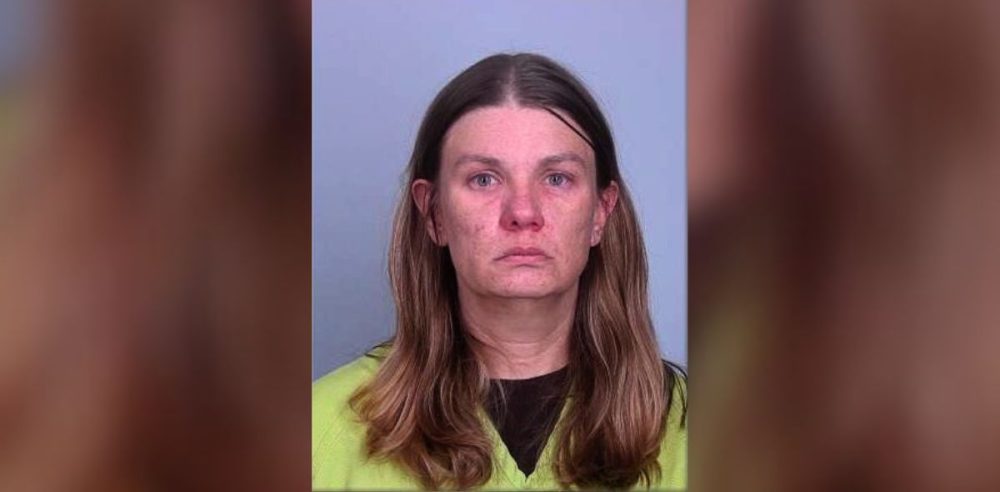Earlier this week, a U.S. District Court convicted the leader of a Minnesota anti-hunger nonprofit for organizing a scheme that stole hundreds of millions of dollars in pandemic relief funds.
Aimee Bock, 44, was convicted by a jury on multiple counts, including bribery and wire fraud. Another defendant in the case, Salim Said, 36, who ran a fake kitchen, was also convicted of multiple counts.
In total, at least 70 people were charged in relation to the scam, and more than 40 already having pleaded guilty or been convicted.
Bock is alleged to have siphoned over $240 million in funds designed for pandemic relief by masterminding an extensive network of bogus food kitchens. Ultimately, Bock used these phony operations to bill the government for 91 million meals.
Bock was initially charged in 2022. At the time, federal prosecutors described her scheme as the largest fraud committed against government COVID-19 relief programs.
Bock’s scheme focused on two programs funded by the U.S. Department of Agriculture but managed by the state of Minnesota. The programs relied on third-party non-profit groups to act as watchdogs. These so-called sponsors were tasked with overseeing individual kitchens and feeding sites to ensure the number of recipients being fed was not being inflated.
The pandemic sent these programs into overdrive. Federal funding surged, aimed to help support children who were no longer attending school in person and, therefore, may not have access to daily lunch anymore. The government also eased oversight, giving the watchdogs more independence during the tumultuous period.
One of these watchdogs, Feeding Our Future, was run by Bock. According to prosecutors, Bock conspired with dozens of individuals to create hundreds of feeding operations around Minnesota. Bock reportedly leveraged her oversight status to conceal the fraudulent network from the government.
Despite submitting implausible numbers, funding kept coming.
In one example, Said’s operation said it had fed 6,000 children a day. However, that is more than all the children who reside in the feeding area’s zip code.
Prosecutors say that members of Bock’s network used the siphoned money to purchase homes, vehicles, and even commercial property.
The state of Minnesota became suspicious of Bock’s network in 2020, eventually stopping payments to some sites. However, Bock sued the state, alleging discrimination against her network since it served a large population of African immigrants and children. The state then called in the help of the F.B.I., with the law enforcement agency eventually investigating and raiding Bock’s home and offices in 2022.
Earlier this month, The Dallas Express reported that the Department of Government Efficiency (DOGE) announced it uncovered significant discrepancies regarding certain federal loans extended to children during the pandemic. DOGE revealed that the Small Business Administration (SBA) allegedly lent over $312 million to thousands of borrowers under the age of 12.


